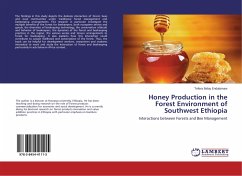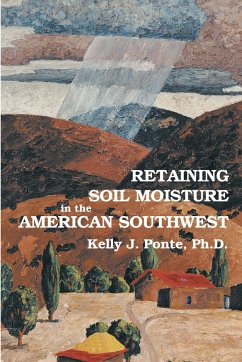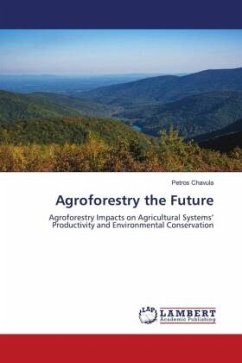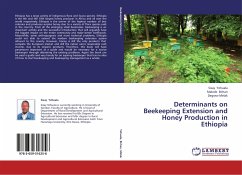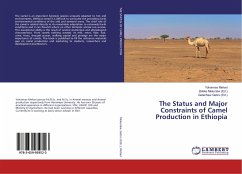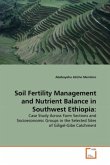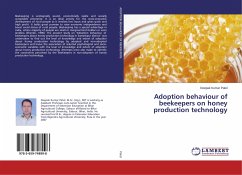The findings in this study depicts the delicate interaction of forest, bees and local communities under traditional forest management and beekeeping arrangements. This research in particular investigate the multiple benefits of the forest for beekeepers, both ecosystem service and goods, the diversities of beekeeping technology, the conservation attitude and behavior of beekeepers, the dynamics of the forest and beekeeping practices in the region, the various access and tenure arrangements to forest for beekeeping. It also explains how this interaction could contribute to sustain livelihood and conservation of the forest. Thus, the book can be helpful for development workers, researchers and students interested to work and study the interaction of forest and beekeeping particularly in sub-Saharan Africa context.
Bitte wählen Sie Ihr Anliegen aus.
Rechnungen
Retourenschein anfordern
Bestellstatus
Storno

